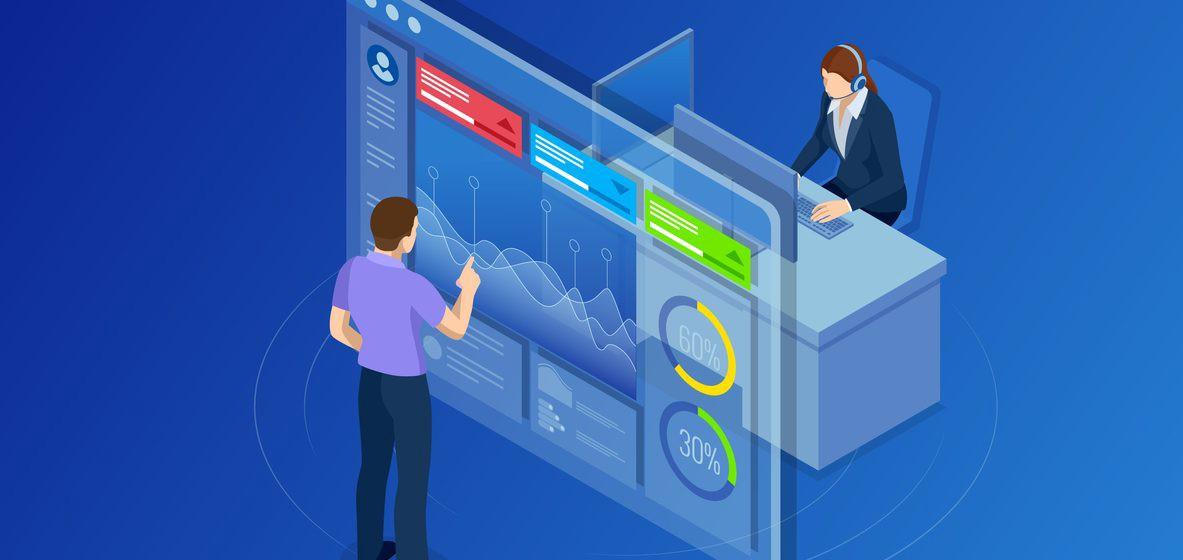3 things to do before monitoring your employee’s computer use.
Dental practices have the right to monitor employee computer use.
You must balance the employee’s right to privacy with the employer’s right to monitor workplace computer systems.
Bill Hiltz
Digital monitoring software can reveal who is doing what on a computer.
Generally speaking digital monitoring looks at “what is happening“, while digital forensics looks at “what has happened“.
Digital monitoring is usually performed to ensure employees are in compliance with your office policies and applicable laws.
Digital forensics is performed when auditing a practice to look for theft, or to support a civil or criminal case. I use monitoring and forensics tools when helping dentists and practice owners resolve their concerns.
Employee Monitoring Software
There are many products that employers can use to monitor employee computer use.
PC Magazine has published their top “employee monitoring” software picks for 2020. View them here: https://www.pcmag.com/roundup/357211/the-best-employee-monitoring-software
To viewer a live demo of an employee monitoring software, click here this launches the demo: https://democompany.teramind.co/#/report/Focus+Dashboard
The post lists the basic requirements for an employer to have in place before monitoring computer use.
Three things you must do when monitoring employee computer use.
- Have a policy notifying your employees that their use of your company’s computers may be monitored and that employees should not have any expectation of privacy on employer’s computers. Download our sample policy here.
- Each employee acknowledges receipt of the above policy.
- Do not attempt to, or access any employee password protected sites (such as personal email/social media) without explicit written approval and authorization from the employee.
Using digital monitoring and forensic tools, here are some of the things that I have uncovered employees doing on practice computers.
Employees were found:
- stealing (fraud/embezzlement)
- spending too much time on Instagram, Pinterest, etc.
- looking for another job while working
- downloading music or software from pirate websites. (can open the door to ransomware)
- reading the owner’s private emails (yes, it happens)
- accessing private owner information (more often than you may think)
- copying and stealing confidential information (patient lists, bank login information, etc.)
- sharing confidential practice information with outsiders
- criticizing the practice owner to patients, friends
- soliciting patients, vendors, third parties (making “deals”)
- inappropriate posting of information on social media
- accessing computers remotely without owner’s knowledge or consent
- allowing outsiders to access office computers with owner’s knowledge
- selling your dental supplies online
- regular participation in online gambling
- accessing porn at work
- spying on other employees
- plotting against the owner’s spouse and family
- making fun of patients by name (insults, jokes)
Here’s how to get in touch.

